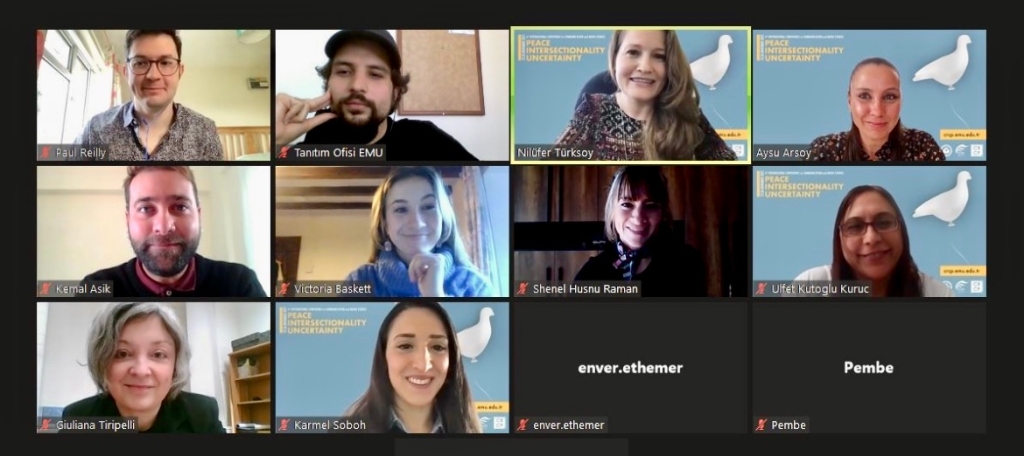This week I will be presenting two papers at the MeCCSA conference , which will be held at London South Bank University (10-12 January). The first one builds on my research on social media and contentious politics in Northern Ireland, with the second based on data collected as part of the Horizon 2020 project IMPROVER.
The programme for the conference can be found here and the abstracts of my two talks can be found below:
1)Reilly, P. Loyalists against Democracy: Assessing the role of social media parody accounts in contentious Northern Irish politics
Abstract:
Parody accounts on social media have emerged as one of the key focal points for the debate of contentious political issues in Northern Ireland over the past five years. Some commentators have praised these accounts for providing a voice for the ‘silent majority,’ while others have condemned what they view as their crude stereotyping of working-class loyalist communities. Yet, there remains little empirical research exploring the contribution of these accounts to political discourses. This paper sets out to address this issue by exploring the social media presence of the most prominent parody group, Loyalists Against Democracy (or LADFLEG). A thematic analysis of posts taken from its Facebook (N=35,721) and Twitter accounts (N=3,587) was conducted between December 2012 and October 2013. This covered contentious episodes such as the protests and rioting prompted by the decision to alter the protocol on the flying of the union flag over Belfast City Hall and the campaign to sack Health Minister Edwin Poots due to his refusal to overturn the ban on blood donation from gay and bisexual men. Results suggest LADFLEG used social media for a variety of purposes, ranging from the shaming of loyalists for posting offensive hate speech online to holding elected representatives to account. By October 2013 the group was playing a prominent role in factchecking politicians such as Poots and increasing the response rate for the petition to remove him from office. In this respect, LADFLEG had evolved from being an observer of contentious politics into a more active participant.
2)Reilly, P., Serafinelli, E., Petersen, L., Fallou, L. & Havarneanu, G. Terrorism, Twitter and Vernacular Creativity: #PorteOuverte and the November 2015 Paris Terror Attacks
Abstract:
Twitter has emerged as a key platform for citizens during terrorist attacks, not only as a
source of information but also as an outlet for providing support for victims. Citizen
responses to such incidents on the microblogging site often demonstrate what Burgess
(2008) refers to as ‘vernacular creativity’, with hashtags and memes used to express
solidarity with those directly affected. This paper explores one such incident, namely the
terror attacks by ISIS militants in Paris on 13 November 2015, which resulted in 130 fatalities and left several hundred wounded. The saturation of mobile phone networks left many citizens stranded and unable to tell their families and loved ones that they were safe. It was in this context that journalists such as Sylvain Lapoix urged citizens to use the hashtag#PorteOuverte if they were looking for shelter or able to offer refuge to others. This study explores the efficacy of this initiative by presenting a review of the literature on social media and disaster response, an overview of the role of Twitter during the Paris attacks, and a thematic analysis of eight interviews conducted with key stakeholders who were actively involved in the response to the atrocities. Results indicate that professional journalists played a key role in raising public awareness of #PorteOuverte and connecting people affected by the terror attacks. While the site may encourage vernacular creativity amongst citizens, the participation of public figures in these campaigns appears essential if they are to bring support to those directly affected by crises.






